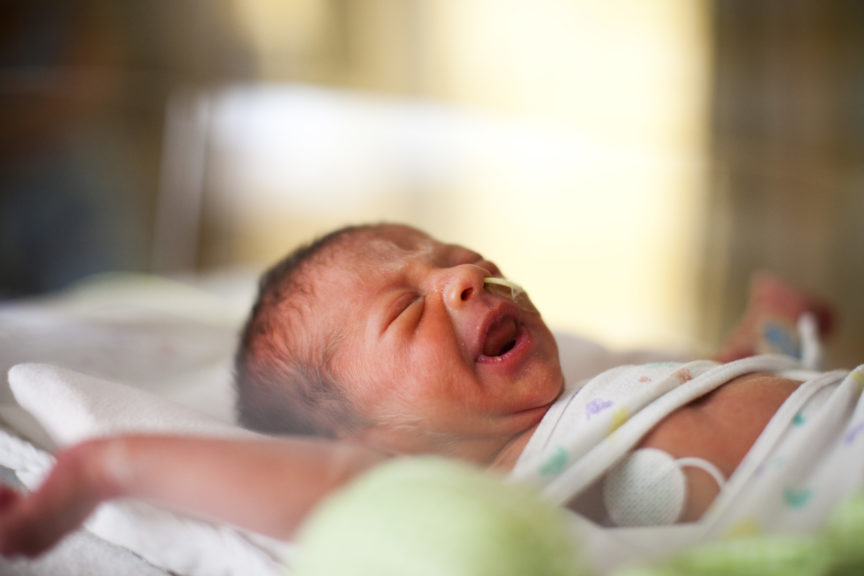CHOC is pleased to have recently become a referral center for severe combined immune deficiency (SCID), filling a regional gap that once required Orange County infants to go outside the county for care.
Led by Drs. David Buchbinder, Wan-yin Chan, Diane Nugent and Jasjit Singh, the immunodeficiency program is a multidisciplinary effort crossing multiple specialties at CHOC including allergy and immunology, hematology and infectious disease.

Though they appear healthy at birth, infants with this primary immunodeficiency disease lack T lymphocytes, one of the white blood cells that help fight infections.
Babies with SCID cannot fight even the most innocuous infections and often die. The condition is considered by the medical community as a pediatric emergency.
“Prior to development of SCID newborn screening, the diagnosis would be delayed,” Dr. Chan says. “Often times these patients would not get sick until after 6 months of age. No one would know they were affected until the antibodies from their mother would wane. They end up with life threatening infections with serious complications often resulting in death.”
However, studies show that early bone marrow or stem cell transplants can improve outcomes significantly, Dr. Chan says.
Survival rates increase to 94 percent if administered to an affected infant by age 3 ½ months. However, if transplants occur after that age, survival rates increase to only 70 percent, underscoring the importance of early detection and intervention.
To that end, California became one of the first states to add SCID to its list of recommended newborn screenings in 2010. In the years since, all states have followed suit.
Under CHOC’s program, immunodeficiency team physicians review each case of Orange County babies who test positive in newborn screenings for SCID and ask parents to immediately seek a confirmatory blood test for the infant, Dr. Chan says.
If the additional tests confirm the diagnosis, patients are urgently admitted to CHOC for workup and treatment, Dr. Chan says.
Since CHOC’s center was formed in August, more than 20 patients have been flagged in the surrounding communities and each individual case has been reviewed by the immunodeficiency team in collaboration with local pediatricians.
Those urgent blood tests confirmed the presence of SCID or a SCID-like disorder in more than 25 percent of cases thus far.




